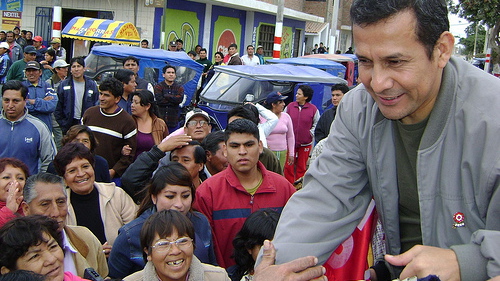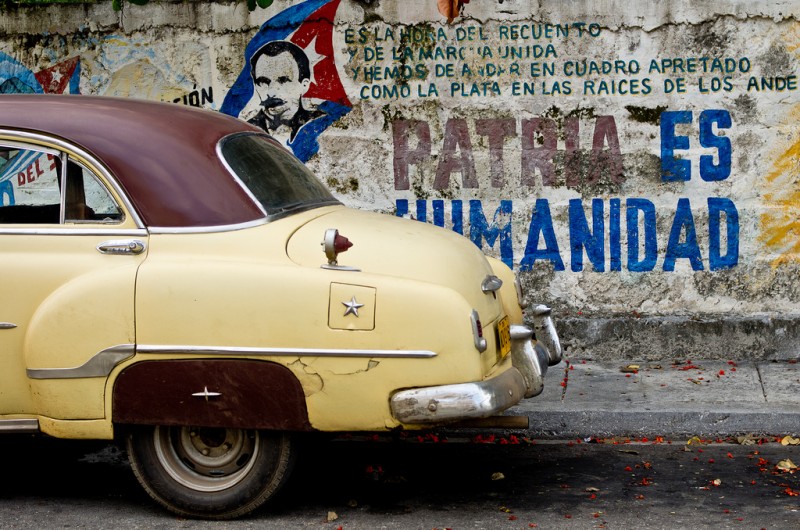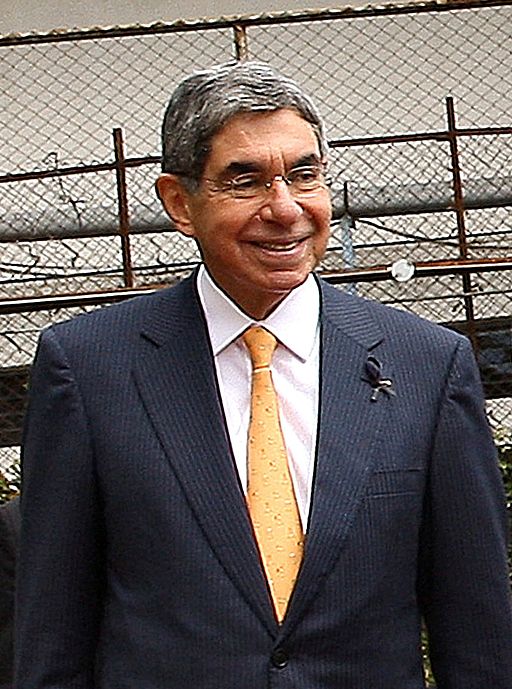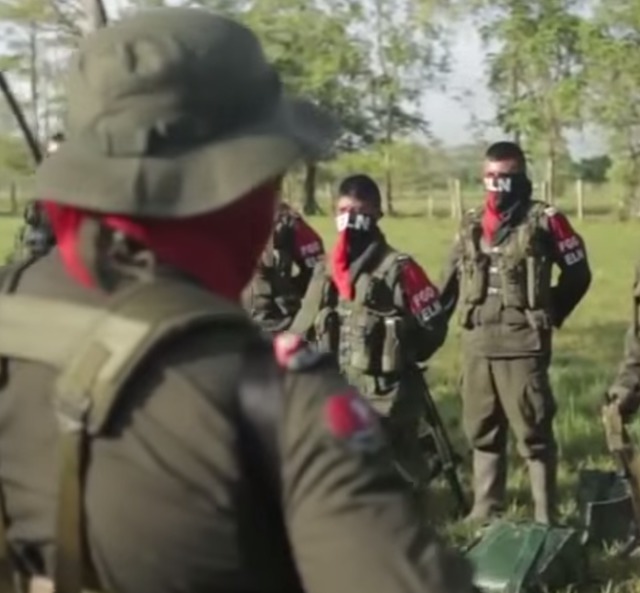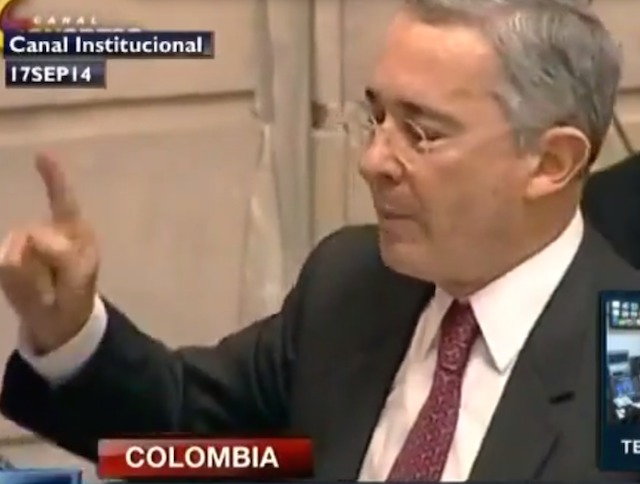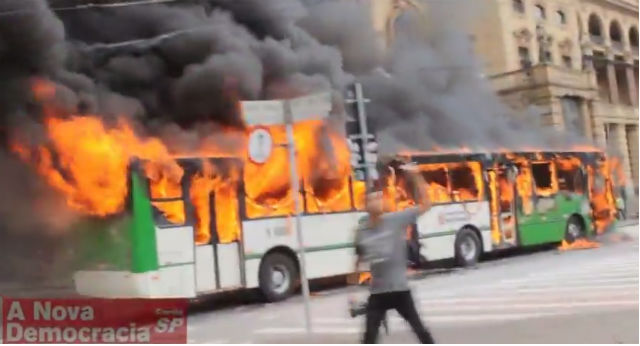
Brazil, Latin America: Week in Review, Southern Cone
Homeless Activists Clash With Police in São Paulo
September 17, 2014 By Staff
Top Story — Unrest paralyzed central São Paulo Tuesday after police attempted to evict a group of homeless activists occupying a building there, reported the Los Angeles Times. The residents, who reportedly belonged to a group called the Front to Fight for Housing, threw paint and other projectiles from the 20-story building onto police executing the eviction order. Officers responded with tear gas and stun grenades. The use of rubber bullets was also reported. Protesters torched at least one city bus during the ensuing clashes, in which at least four officers were injured; some 70 protesters were also detained for questioning.
Protests resumed late on Tuesday as activists blocked several roads. At least 200 families had been living in the building for the past six months, just blocks away from São Paulo’s Municipal Theater, according to the Associated Press.
Headlines from the Western Hemisphere
North America
- There is “no credible intelligence” to rumors of the Islamic State entering the U.S. through the Mexican border, insisted the Homeland Security Department.
- Unaccompanied minors in New York City will receive health and education support as they face deportation hearings at federal immigration court, announced Mayor Bill de Blasio.
- As Tropical Storm Odile weakens, widespread disruption continued Tuesday across Mexico’s Baja California Peninsula and elsewhere, while the first of thousands of stranded tourists were shuttled out of Los Cabos and La Paz airports.
Caribbean
- The number of Cuban migrants illegally emigrating by sea is at its highest point in the past six years, owing to a backlog of Cubans seeking to legally enter the U.S. amid increasingly difficult economic conditions on the island.
- As former Haitian President Jean-Bertrand Aristide remains under house arrest, a group of legislators and opposition leaders announced on Tuesday plans to visit the twice-deposed leader, who is being investigated on charges of corruption and drug trafficking, despite a court order requiring any would-be visitors to first seek permission.
Central America
- Panama’s economy, the largest in Central America, continued to grow briskly through the second quarter of 2014. Officials expect growth to reach 7 percent by the end of the year.
- The U.S. Senate confirmed on Tuesday the nomination of Todd Robinson to the post of ambassador to Guatemala after a hold-up of over a month. Robinson is reportedly expected to work on slowing the flow of Guatemalan migrants to the United States.
Andes
- According to the latest polling, Evo Morales is enjoying a comfortable lead ahead of the presidential elections on Oct. 12.
- Currency restrictions in Venezuela have resulted in shortages of high-quality U.S.-made breast implants, prompting some to opt for cheaper, often inferior substitutes.
- Parts of Bolivia’s famed silver mine Cerro Rico are on the verge of collapse after a sinkhole opened up on the mountain’s peak, threatening the thousands of miners who work below.
Southern Cone
- The two leading challengers to Brazilian presidential incumbent Dilma Rousseff in the upcoming elections got in-depth profile treatments on Tuesday: Marina Silva in The New York Times and Aécio Neves by Reuters.
- The 31st installment of the São Paulo art biennial is showcasing highly-charged political art with echoes of last year’s nationwide protests.
- Argentina has expressed “deep indignation” with the U.S. after chargé d’affaires in Argentina Kevin Sullivan said the country is in “default,” a charge that Argentina denies.
Image: Youtube
Subscribe to Today in Latin America by Email
